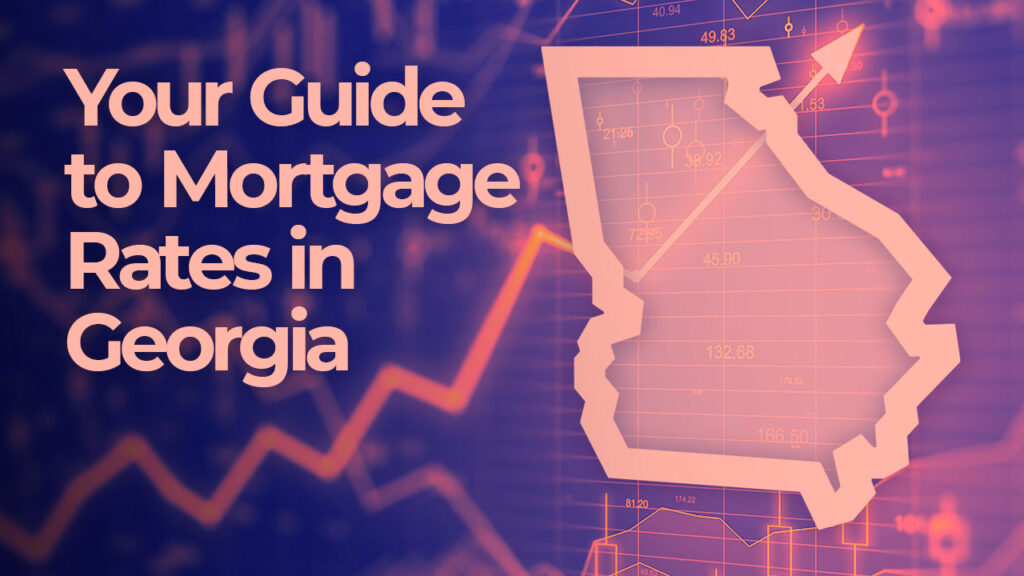Financial emergencies can strike unexpectedly, leaving you scrambling for solutions. A sudden job loss, unexpected medical bills, or a car repair can quickly drain your savings. When faced with such a crisis, many turn to small loans as a potential lifeline. But are they the right answer? Let’s explore the pros and cons.
Understanding Your Financial Emergency
Before considering any loan, assess the severity of your emergency. How much money do you need? What are your existing resources? Can you cut expenses or find temporary income to alleviate the situation? 
Types of Small Loans
Several types of small loans cater to different needs and credit profiles. These include payday loans, personal loans, lines of credit, and even loans from family or friends. Understanding the differences is crucial for making an informed decision. Learn more about loan types.
Payday Loans: A High-Cost Solution?
Payday loans are notorious for their high-interest rates and short repayment periods. While they provide quick cash, they can trap you in a cycle of debt if not managed carefully. Consider the long-term implications before opting for this route. 
Personal Loans: A More Manageable Option?
Personal loans generally offer lower interest rates and longer repayment terms than payday loans. They can be a better choice if you need a larger sum and can afford monthly payments. However, your credit score plays a significant role in securing approval and favorable terms.
Lines of Credit: Flexibility and Convenience
Lines of credit offer flexibility. You can borrow and repay funds as needed, up to a pre-approved limit. This can be convenient for managing unexpected expenses, but responsible usage is key to avoiding high interest charges.
Loans from Friends and Family
Borrowing from loved ones can be a less stressful option, often with more flexible terms. However, it’s essential to formalize the agreement to avoid misunderstandings and potential damage to your relationships. Check out resources on borrowing from family.
Credit Score and Loan Eligibility
Your credit score significantly influences your loan eligibility and interest rates. A poor credit score can lead to higher interest rates or even rejection. Improving your credit score before seeking a loan can save you money. Learn how to improve your credit score.
Interest Rates and Fees
Carefully compare interest rates and fees from different lenders. Don’t focus solely on the advertised rate; consider all associated charges, including origination fees, late payment penalties, and prepayment fees.
Repayment Plan
Before accepting a loan, create a realistic repayment plan. Ensure your monthly payments fit comfortably within your budget to avoid defaulting on the loan. Use a loan calculator to plan your repayments.
Alternatives to Small Loans
Explore alternatives to small loans, such as negotiating with creditors for extended payment plans, selling unused assets, or seeking financial assistance programs. 
Budgeting and Expense Reduction
A comprehensive budget review can uncover areas where you can reduce expenses. Identifying non-essential spending and cutting back can provide immediate financial relief.
Negotiating with Creditors
Contact your creditors to discuss your situation. Many are willing to work with borrowers facing financial hardship by offering payment plans or temporary interest reductions.
Seeking Professional Financial Advice
If overwhelmed by your financial situation, seek professional help. A financial advisor can provide personalized guidance and strategies to navigate your emergency.
Emergency Fund Importance
Building an emergency fund is crucial for mitigating the impact of unexpected expenses. Aim to save 3-6 months’ worth of living expenses to cushion against future emergencies.
Government Assistance Programs
Research government assistance programs and charities that may offer financial aid to those in need. Eligibility criteria vary, so check for programs relevant to your situation.
Credit Counseling Services
Credit counseling agencies can help you manage debt and create a plan to pay off your loans. They can also negotiate with creditors on your behalf to reduce interest rates and fees.
Long-Term Financial Planning
After resolving the immediate emergency, focus on long-term financial planning. Create a budget, reduce debt, and build savings to prevent future crises. 
Conclusion
Small loans can be a viable solution for financial emergencies, but they aren’t always the best option. Carefully weigh the pros and cons, consider alternatives, and choose a loan that aligns with your financial situation and repayment capabilities. Responsible borrowing is key to avoiding a debt trap. Find more information on responsible borrowing.
Frequently Asked Questions
What is the best type of small loan for a financial emergency? The ideal loan type depends on your credit score, the amount needed, and your repayment capacity. Personal loans are often preferred for their manageable terms, but other options, like lines of credit, might be better suited to certain circumstances.
How can I improve my chances of loan approval? A good credit score, a stable income, and a detailed repayment plan significantly improve your chances of loan approval and securing better terms.
What if I can’t repay my loan? Contact your lender immediately to discuss your situation. They may offer options like repayment plans or temporary forbearance to avoid default.
Are there any fees associated with small loans? Yes, most small loans have associated fees, including interest, origination fees, and potential late payment penalties. Compare fees carefully across lenders before making a decision.
Where can I find more information on financial assistance programs? Check your local government’s website or contact a non-profit credit counseling agency for information on available resources and assistance programs in your area.


